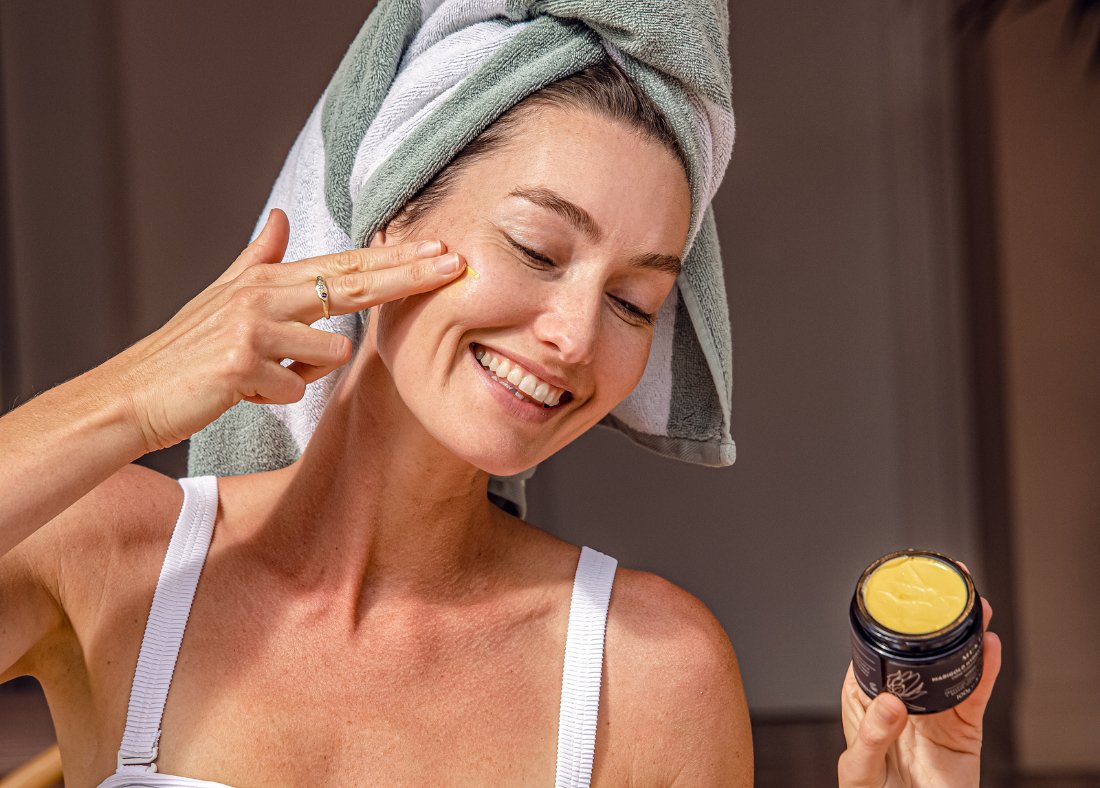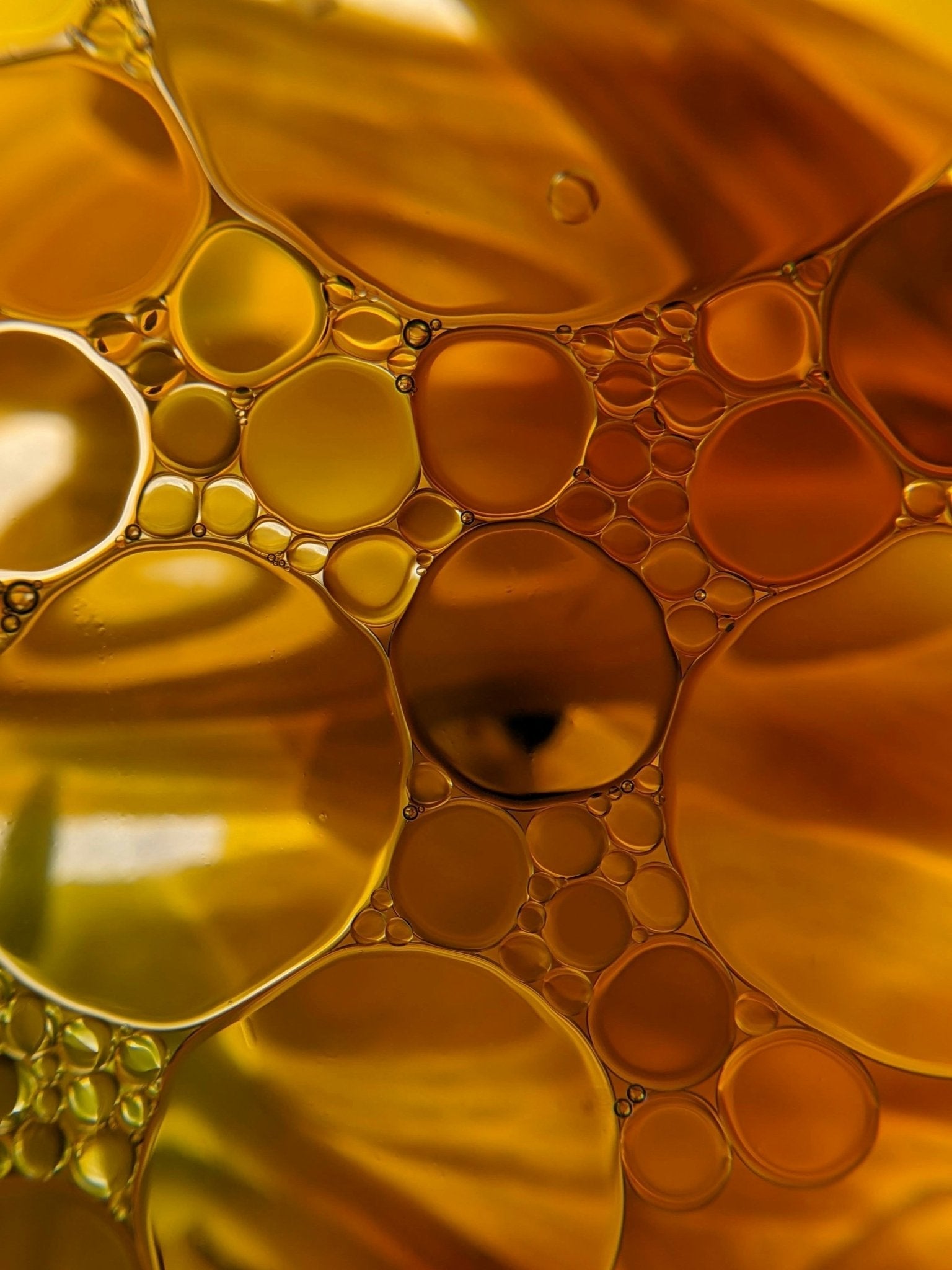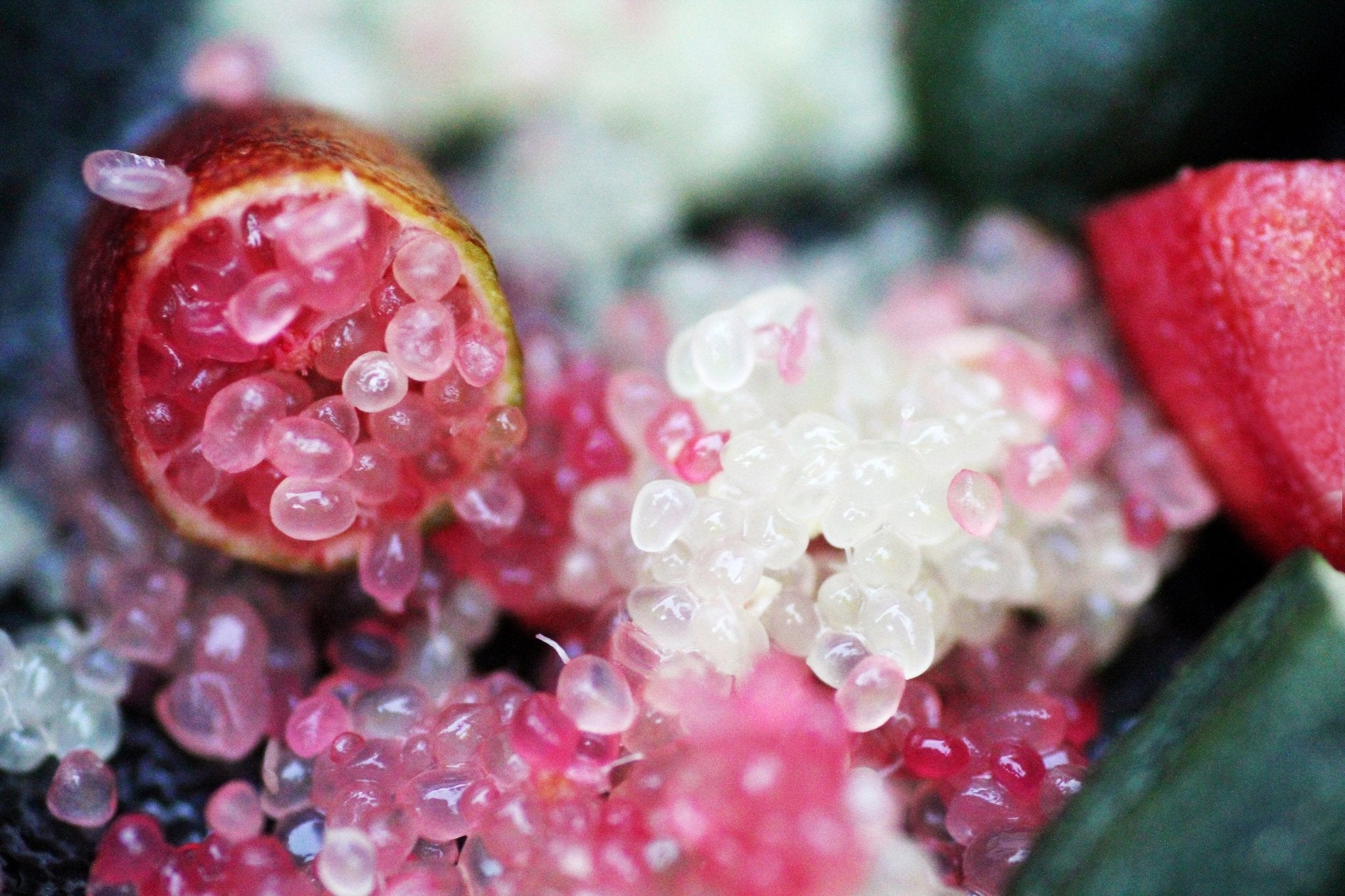
What Does CoQ10 Do For Skin?
When it comes to skin ageing, prevention is without a doubt the most effective path. While clinical treatments and high-strength topical products are still a common chosen path for some aiming to reverse the signs of ageing, it can become a significant time and financial commitment and investment, thus by adopting the right preventative measures early on, you can delay common signs of ageing until later in life (and they will be much less significant).
Aside from daily sun protection, one of the most effective forms of skin ageing prevention is antioxidants. These are already plentiful in our day-to-day diet, and crucial for healthy functioning of our entire bodies. But antioxidants are also found in our skincare products, to more specifically target and aid in our skin’s health and function. One of the most widely used antioxidants in today’s skincare is CoQ10, ie. Coenzyme Q10 or Ubiquinone.
But what makes CoQ10 such a popular and effective skincare ingredient, and what are the benefits?
-
Bioavailability
Coenzyme Q10 is naturally-occuring. This lipid-soluble antioxidant is already synthesised by the human body, and is a crucial component of our cellular function. Using ingredients on the skin that are already found in the body are more readily-accepted than those which may be seen by our immune cells as a foreign body. -
Energy Production
Our cells need CoQ10 for our mitochondria to produce ATP. Studies show a natural decline in CoQ10 levels as we age. (1) Ensuring sufficient levels of cellular energy means healthy skin cell turnover and a brighter, smoother, more youthful complexion. -
More Collagen, Less Wrinkles
One of the primary causes of wrinkles forming is loss of collagen. Our collagen proteins act as structural support below the skin, and as these break down, the skin begins to sag. A natural bi-product of our cellular function is the production of free radicals, which break down our collagen. Normally, our natural levels of CoQ10 neutralise free radicals and restore a healthy balance. However, since CoQ10 levels decline as we age, they are outnumbered by these destructive free radicals, causing more rapid deterioration of collagen fibres than is seen in younger skin. Restoring CoQ10 levels can help to reduce the effects of free radicals. -
Combatting Sun Damage
The body’s CoQ10 levels also deplete as a result of UV exposure (1). In other words, sun damage results in less CoQ10 antioxidants, greater levels of free radicals, and reduced cellular energy. Replenishing the skin’s quantities of CoQ10 can help to combat these effects.
A number of studies present CoQ10 as a promising ingredient for combatting signs of skin ageing. It is already found within our bodies, recognised by our cells, and readily used for countless skin cell functions - including skin cell turnover, and the synthesis of collagen, elastin, and hyaluronic acid. As our levels of CoQ10 drop naturally with age, it certainly makes sense to replenish these with the help of our home skincare regimes.
Found in: Age Defiance Day Serum, Age Defiance Night Serum, Age Defiance Eye Serum, Vital A Elixir, Vital C Elixir, Barrier Repair Serum, Antioxidant Facial Oil, Aloe Vera Moisturiser, Restorative Moisturiser, Hydrating Moisturiser, Marigold Hydrating Crème, Daily Moisturiser with Sunscreen
References
(1) Biofactors, Topical treatment with coenzyme Q10‐containing formulas improves skin's Q10 level and provides antioxidative effects, 2015. https://www.ncbi.nlm.nih.gov/pmc/articles/PMC4737275/




Leave a comment
This site is protected by hCaptcha and the hCaptcha Privacy Policy and Terms of Service apply.